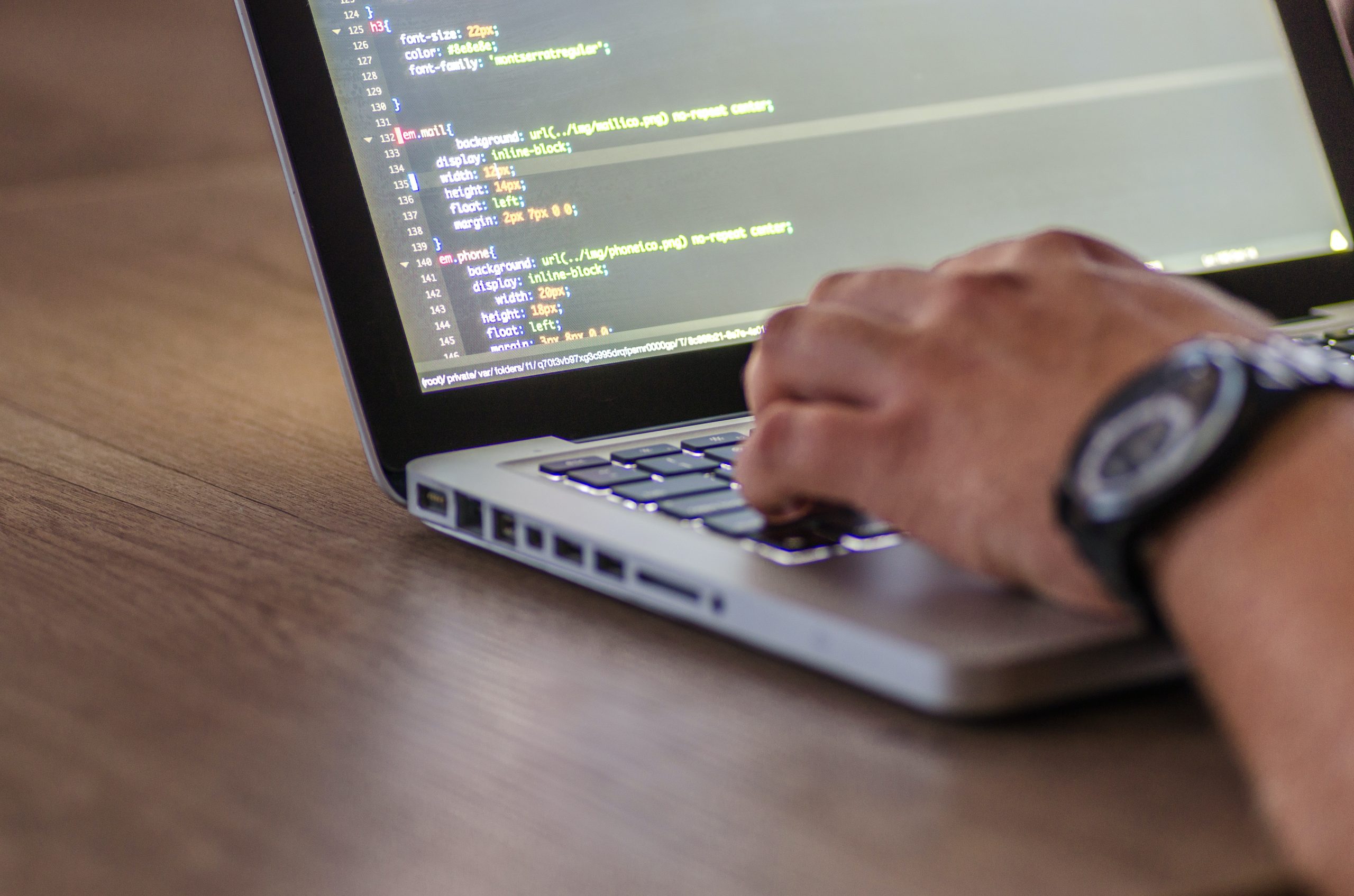Python is one of the most popular programming languages in use today. Its simplicity and versatility make it a great choice for beginners and experts alike. However, even experienced Python programmers can make mistakes that can lead to bugs, performance issues, and security vulnerabilities. In this article, we’ll explore seven common mistakes that Python programmers make and how to avoid them.
1. Using Mutable Objects as Default Arguments
In Python, default arguments are evaluated only once when the function is defined. If the default argument is a mutable object such as a list or dictionary, changes made to the object inside the function will persist across multiple calls. This can lead to unexpected behavior and bugs. To avoid this, use immutable objects such as strings or tuples as default arguments or use None as the default and create a new mutable object inside the function.
2. Not Using Virtual Environments
Python packages can have complex dependencies and versions, which can cause conflicts between projects. Virtual environments allow you to create isolated environments with their versions of Python and packages. Not using virtual environments can lead to package version conflicts and unexpected behavior. Always create and activate a virtual environment before starting a new project.
3. Overusing Global Variables
Global variables can make code harder to understand and maintain. They can also lead to unexpected behavior if multiple parts of the codebase modify the same global variable. Instead, use function arguments and return values to pass data between functions. If you need to share the state between functions, consider using a class or a module-level variable with a clear scope.
4. Not Handling Errors Gracefully
Errors are a fact of life in programming, and Python provides a rich set of tools for handling them. However, many programmers fail to handle errors gracefully, which can lead to crashes, security vulnerabilities, and data loss. Always use try-except blocks to catch exceptions and provide meaningful error messages. Never swallow exceptions or ignore errors, as they may indicate deeper problems in the code.
 5. Not Optimizing Code for Performance
5. Not Optimizing Code for Performance
Python is a high-level language with a lot of abstraction, which can make it slower than lower-level languages like C or Rust. However, Python provides many tools for optimizing performance, such as profiling, caching, and using built-in functions and data structures. Always measure the performance of your code and use the appropriate tools to optimize it. However, don’t prematurely optimize code that doesn’t need it, as it can lead to code that is harder to read and maintain.
6. Not following PEP 8 style guide
PEP 8 is the official style guide for Python code. It provides guidelines for naming conventions, code layout, and other aspects of Python code. Following PEP 8 makes code more readable and maintainable, especially in large codebases. Not following PEP 8 can lead to inconsistencies, confusion, and difficulty collaborating with other programmers.
7. Not Using Context Managers
Python provides context managers to manage resources like files, network connections, and locks. Context managers ensure that resources are properly opened and closed, even in the presence of exceptions. Not using context managers can lead to resource leaks, data corruption, and security vulnerabilities. Always use context managers when working with external resources.
In conclusion, Python is a great language, but even experienced Python programmers can make mistakes. By avoiding these common mistakes, you can write cleaner, more efficient, and more maintainable Python code. Remember to use immutable objects as default arguments, use virtual environments, avoid global variables, handle errors gracefully, optimize code for performance, follow PEP 8 style guide, and use context managers.



